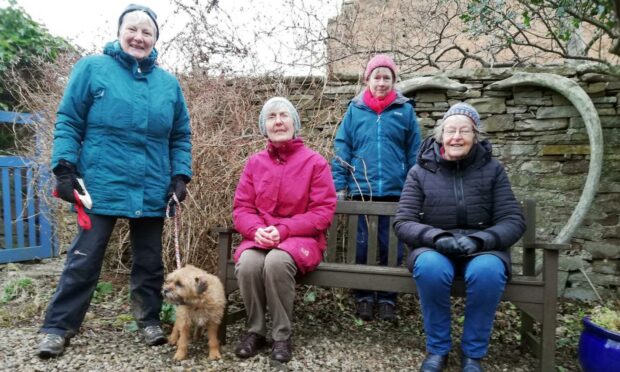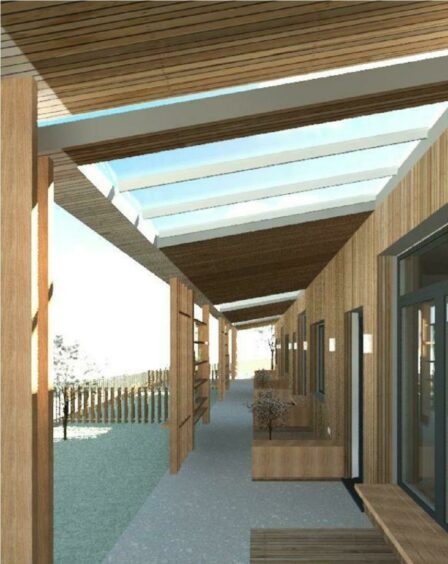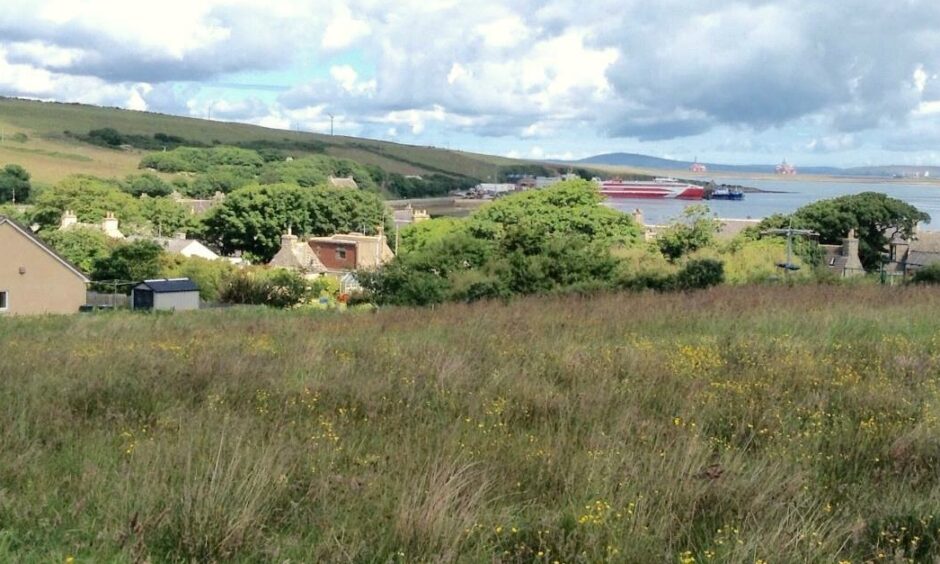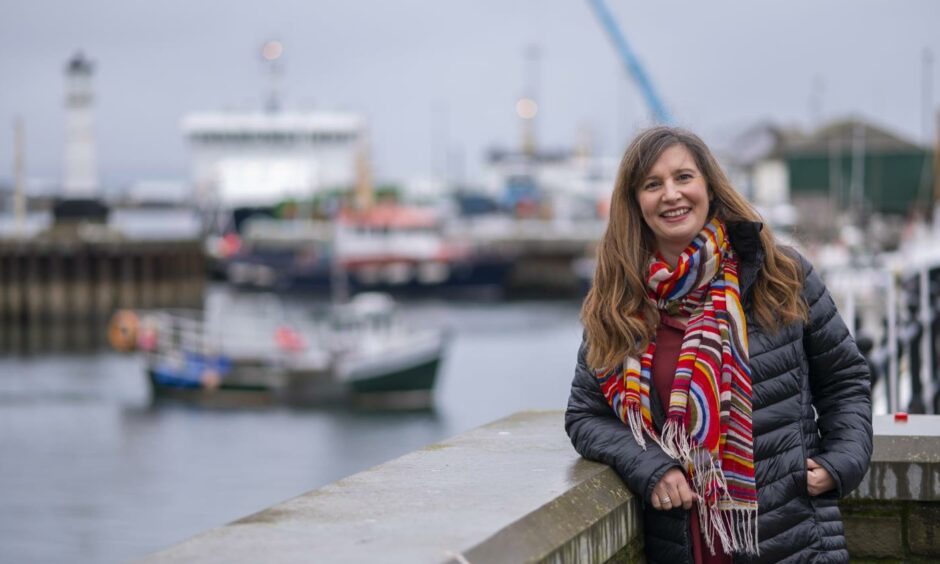Four years ago a group of friends discussed their changing housing needs as they got older and came up with a unique solution.
Their idea is moving ever closer to reality with the project in St Margaret’s Hope in Orkney now in the pre-construction phase.
The greenfield site will become the Hope Cohousing (HCH) project, Scotland’s only entirely rental co-housing scheme, which could become a model for other rural and island areas.
Encouraging older people to live independently
The six, affordable, low-energy houses, with a shared garden and communal areas for recreational and creative activities, will encourage older residents to live independently.
It will support people to “age positively” while tackling issues including social isolation, loneliness and fuel poverty.
Construction is expected to start next year on the project which was recently awarded more than £48,000 by the Rural Communities Ideas into Action fund.
Its first residents will include the friends whose idea was the catalyst for the development.
Jenny Rambridge, Elli Pearson, Trish Spence and Cath Kirkwood are now directors in HCH. A fifth member of the group, Lesley Livsey, died in September.
Some of the women have been involved in running the village craft co-operative for more than 40 years.
Others established the community garden in St Margaret’s Hope and have also helped organise events in the community hall.
Jenny says breaking her leg a few years ago prompted her to have a plan for when living in her remote home became a problem.
She said: “We were all in our 60s and 70s and our needs had changed. We were living in houses that were too big, too old or too remote.
Addressing the problem before it became a crisis
“We considered how we should address these problems, taking a lead in resolving them ourselves, before it became a crisis.
“We read about co-housing as a concept and thought it would be a really good way of looking out for each other while living independently.
“It is establishing an intentional community where residents design and manage how they will live in their own homes but together in a supported network.”
HCH was formed in 2019, a year after the concept was discussed. The project then progressed with the help of Orkney Islands Council (OIC) and Robert Gordon University (RGU).
Work continued during the pandemic, with lockdown further highlighting issues.
“Isolation during Covid was a big problem for older people who were already vulnerable to social isolation and in danger of being stranded in the community”, says Jenny.
“This is one of the problems we are hoping to address.”
An Age Scotland housing survey showed Orkney’s population is ageing faster than the rest of Scotland.
It is forecast that by 2024, 30% of the population will be of pensionable age, against a Scottish average of 23%.
The Centre for Ageing Better also says there are almost 12 million people aged 65 and over in the UK, with 3.2 million aged 80 and over.
Affordable housing is crucial
Affordability is another crucial aspect of the Hope Cohousing project as house prices in rural and island areas have increased, partly due to a rise in second and holiday homes.
Jenny adds: “Our housing is entirely rental as we think they should be available to anyone regardless of their financial position.
“It will create a lasting benefit for Orkney if we have these houses where older people can live in with an affordable rent.
“It is a possible blueprint for other areas.
“We have been learning as we go along and we can help make it cheaper and quicker for people in future.”
Project co-ordinator Sacha Woolham says Jenny and her friends are driving the development.
“While the women might be getting older they are still saying what they want and making things happen.
“They are not saying ‘this is a big issue, can someone help us’. They have identified a problem and are doing something about it.
“It’s great to see seniors feeling empowered to create change and impact on how they want to grow old”.
She said co-housing can help people’s wellbeing. A NHS Highland report said the effect of having weak social relationships is equivalent to smoking up to 15 cigarettes a day and twice as harmful as being obese.
“There is strong evidence that bringing people together with strong social connections can save the NHS money”, says Sacha. “This is what this project will do.”
Model may be replicated elsewhere
Councillor Gwenda Shearer, chair of OIC’s education, leisure and housing committee, says: “The Hope Co-housing project is a great example of a determined group of people coming together with the germ of an idea and then developing that into the innovative project we see now.
“The project outcomes of assisting older people to remain independent and support each other for as long as they are able to is very much in line with the council’s aspirations.
“We would hope that the model may be replicated elsewhere in the future.”
HCH is developing the project with the Communities Housing Trust. CEO Ronnie MacRae says: “We’re keen to support co-housing as yet another alternative tenure to help make rural communities viable.
“Having a raft of tenure options for community-led housing projects offers flexibility, choice and long-term sustainability, which is what communities want and need.”
Professor Gokay Deveci from The Scott Sutherland School of Architecture and Built Environment at RGU, said Orkney has an ageing population and one of the highest levels of fuel poverty in Scotland.
“There is also a shortage of affordable private-sector housing, exacerbated by second home ownership.
“This project would address Orkney’s socio-economic needs and offer a new sustainable housing design based around technology that supports active ageing.”
If you liked this story, try these other related Orkney stories:




